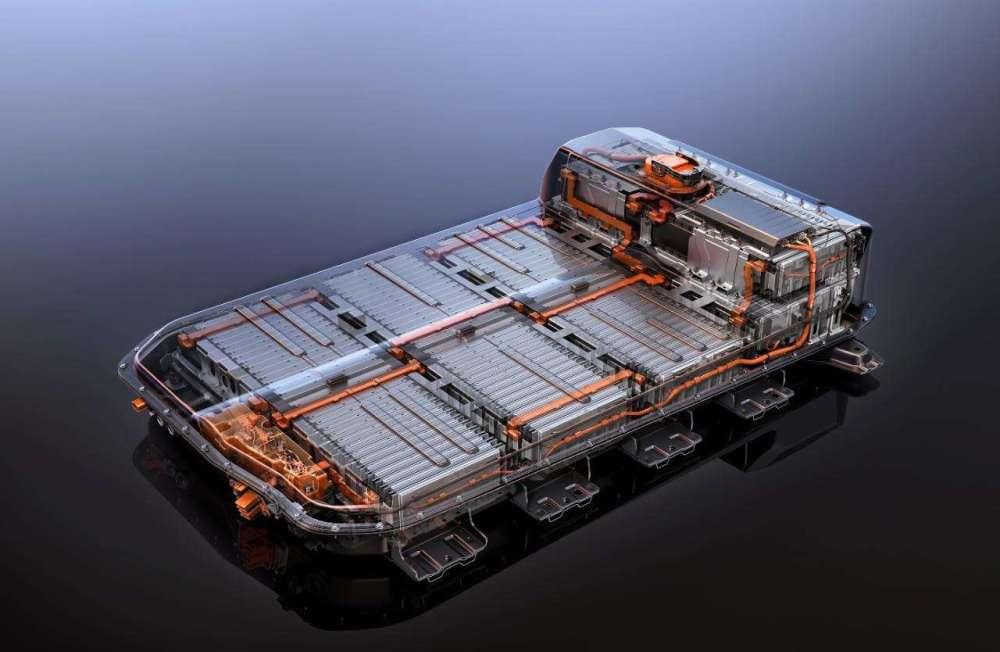With the rapid growth of the electric vehicle market, the waste battery industry has also attracted much attention. This is because if obsolete electric vehicles release hundreds of thousands of units every year, once their useful life is exhausted, a large number of waste batteries will be generated. To this end, the waste battery recycling of rare earth testing, energy storage and other waste battery industries have attracted much attention. Some companies have also made significant investments in this area.
However, there are also observations that the waste battery industry, which seems to have found a "new gold mine", will not be as optimistic as they think.

Wood Mackenzie, a British market research firm, predicts in a report that lithium-ion battery recycling will not begin until 2030. It is said that the maturity of the supply chain will take more time, and the penetration rate of electric vehicles is expected to reach 23% by 2030.
Wood McKinsey analyst Max Reid said: "The lithium-ion battery demand market may fluctuate for several months, while it will take years to expand the production of battery materials upstream and midstream. "However, many see it as a achievable environment. Recycle it and produce immediate tangible results. ”
In addition, "unlike the mobile phone electronic batteries that currently dominate the battery recycling industry, the removal of each battery in the electric vehicle battery pack is very complicated," so the technical difficulty of the recovery of electric vehicle batteries is not small, and once it is improperly operated, it is likely to bring secondary pollution.
Concerns about profit creation and process efficiency improvements are also cited as obstacles to development. Battery manufacturers are using inexpensive materials to lower battery prices, and they should consider introducing new technologies, including all-solid-state batteries, and increasing battery life. In fact, when Toyota launched its lineup of electric vehicle brands bZ, it promised to provide 90% battery warranty coverage for ordinary electric vehicles instead of 70%. This means that the battery can be used stably for a long time. In this way, the profit of the waste battery industry will inevitably decrease.
In addition, Wood McKinsey predicts that the electric vehicle market will begin to grow rapidly in 2030, when there will be a supply imbalance, as many companies have already entered the battery recycling business and are actively expanding. Independent recycling companies in North America and Europe will compete for used electric vehicle batteries, while Chinese recyclers with advantages in the integration of cathode material production facilities will dominate the market.
When this supply imbalance occurs, it means that only large companies can survive. Wood McKinsey believes that companies that want to enter the waste battery industry should be cautious rather than optimistic about this market.